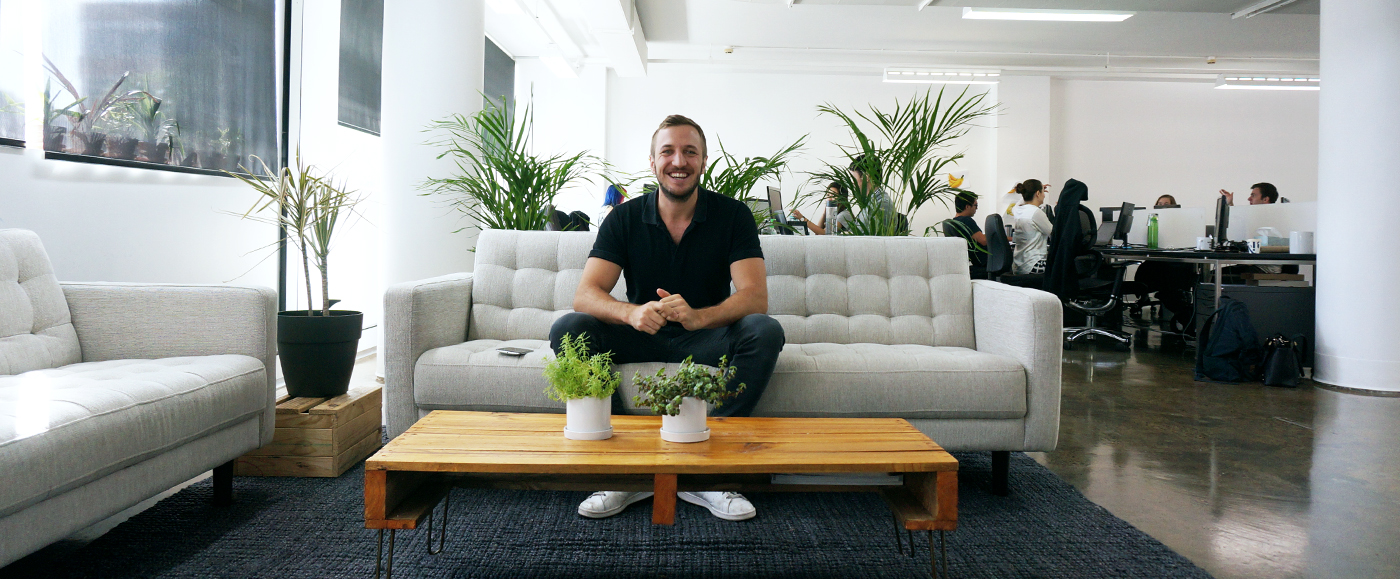Sparro’s co-founder Cameron Bryant on key consumer trends over the next three years
As consumer trends continue to shift, businesses may need to rethink their marketing strategy, mix, and spend to set themselves up for success, says Cameron Bryant, co-founder and partner at Sparro.

